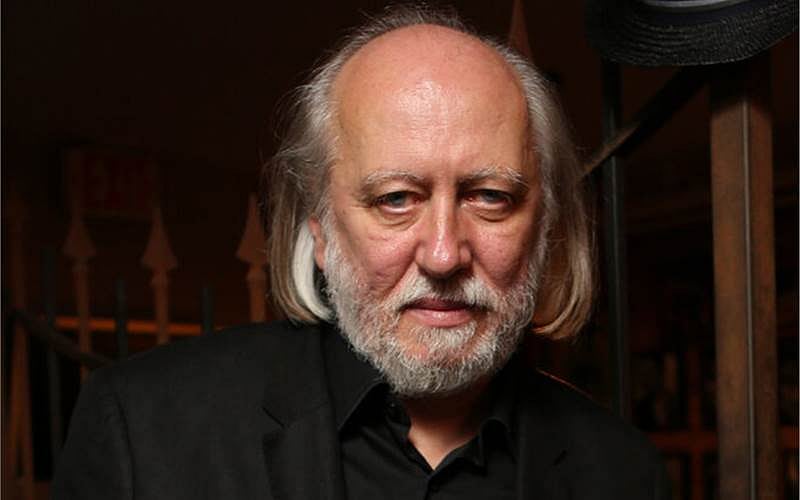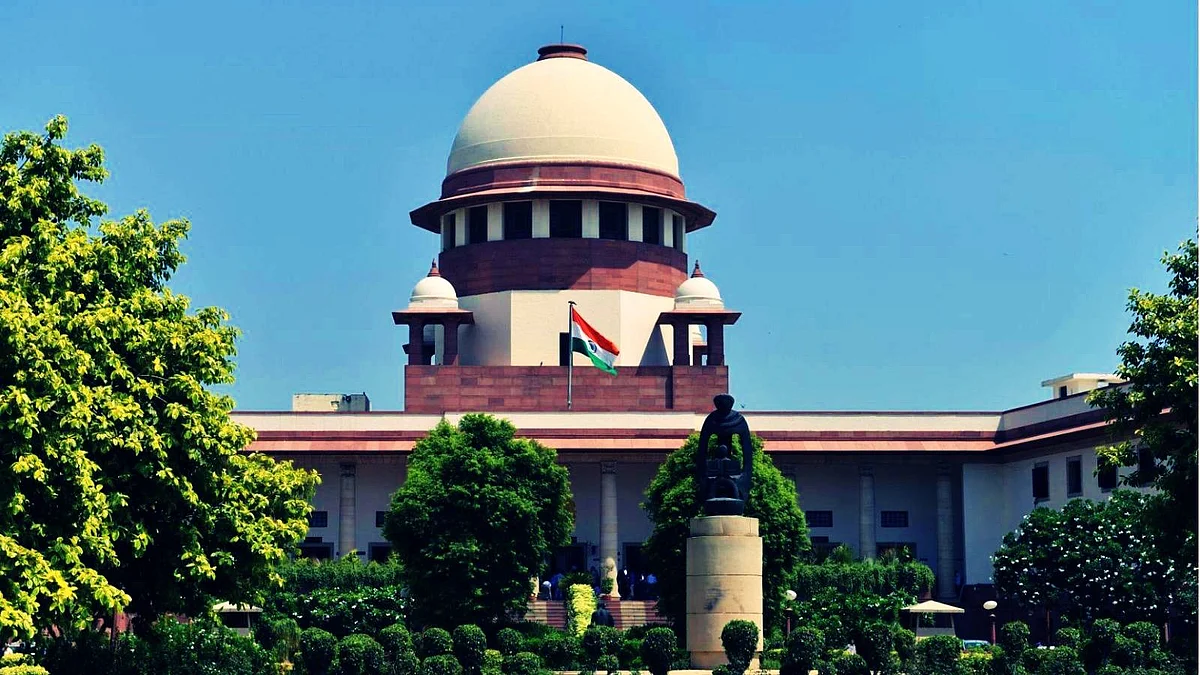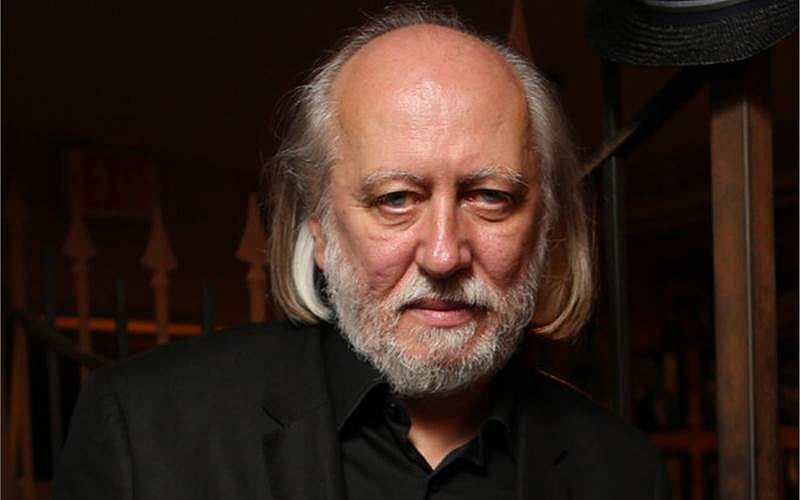Bhopal (Madhya Pradesh): The oppressors fear the power of the oppressed, for it is a force they do not truly understand – The Melancholy of Resistance, Krasznahorkai.
There was a fierce contest among five writers across the globe for this year’s Nobel Prize in Literature, and finally the coveted award has gone to Laszlo Krasznahorkai.
Besides Laszlo Krasznahorkai, the others in the race were Can Xue, Haruki Murakami, Margaret Atwood, and Salman Rushdie.
At a time when the world is in chaos, and violence, deaths, hunger, and uncertainty are predominant everywhere, the works of Krasznahorkai reaffirm the power of words.
The silent feature of his style is long, baroque sentences, which are hypnotic and pull a reader into their grip. His recent oeuvre to appear in English is, Herscht 07769, which unfolds over a single, rhythmic sentence.
For a reader of Krasznahorkai, it is difficult to choose which book he should begin with because each of the works is different from the others.
His debut novel, Satantango, published in 1985, predicted the fall of the communist government in Hungary, which happened four years later. The plot of the novel is set on the canvas of south-central Hungary, and he draws two characters on it – Irmias and his sidekick Petrina. Both arrive at a village populated by odd and destitute workers who pool their land, labour, and agricultural sources to earn a living.
The question that strikes the workers is who these newcomers are or whether they are the Devil’s helpers who have come to destroy their source of livelihood. The identity of the duo remains a mystery throughout the novel. They drag the poor villagers into a dance of destruction. On the surface, the work appears to be dull, but there are subtle humours, which enchant a reader.
The setting of The Melancholy of Resistance is a small town invaded by some strangers. Afterwards, chaos prevails in the settlement where action and counteraction follow, but everything leads to nothingness, yet for Krasznaharkoi, life is like that; even if one’s action fails to pull off any outcome, one must act.

However chaotic the situation may have been, the fire dies out, and the smoke is clear. The outcome is: a few have died, some are in prison, and some have grabbed power, taking advantage of the situation. Despite all the seriousness of the plot of the novel, the author is never oblivious of humour, and this is the reason that The Melancholy of Resistance is one of his timeless works.
The Last Wolf, a difficult novel by Loszlo, is a story of a professor of philosophy who is mistakenly hired to pen the tale of the last wolf of Extremadura, an empty stretch in Spain. The experience of the professor has been related in a single sentence.
The author, known for his dystopian and melancholic novels, has won many prizes, including the 2019 National Book Award and the Booker Prize in 2015 for his Sanatango.
Because of his racy style, many of his novels, like Satantango and The Melancholy of Resistance, have been filmed. Some of his work is bleak and difficult, but he is playful and funny at times, and this is what makes him dear to his reader, to whom he shows what is possible.
Krasznahorkai, born in Gyula, Hungary, in 1954, is a postmodern writer, and for his long winding sentences, he is often compared with Gogol, Herman Melville and Franz Kafka.
Each of 12 chapters of Satantango consists of one sentence. His vision has an appeal, and travel and language have shaped his career. Krasznahorkai, who left communist Hungary in 1987, spent a year in West Berlin for a fellowship.
Afterwards, he visited China and Mongolia and drew inspiration for works like Prisoner of Urga and Destruction and Sorrow Beneath the Heavens.
Krasznahorkai is the second Hungarian novelist to have won the Nobel Prize in Literature. His predecessor was Imre Kertész.
[Story by Arup Chakraborty]










